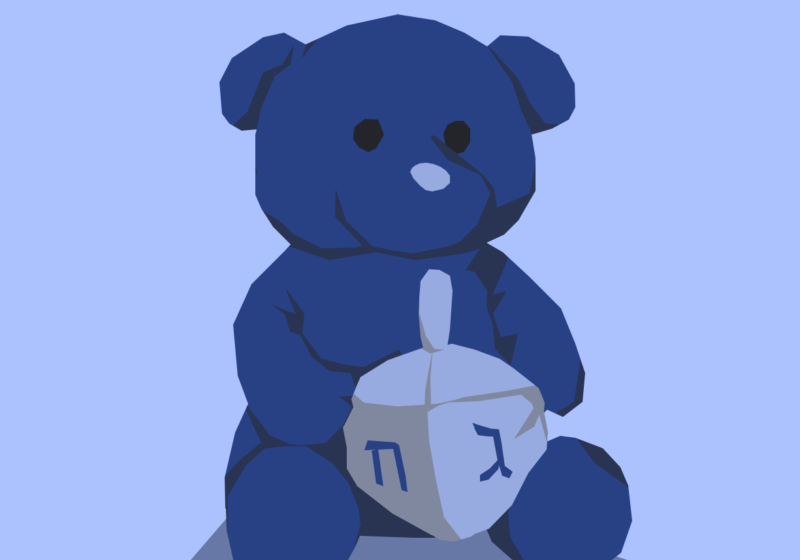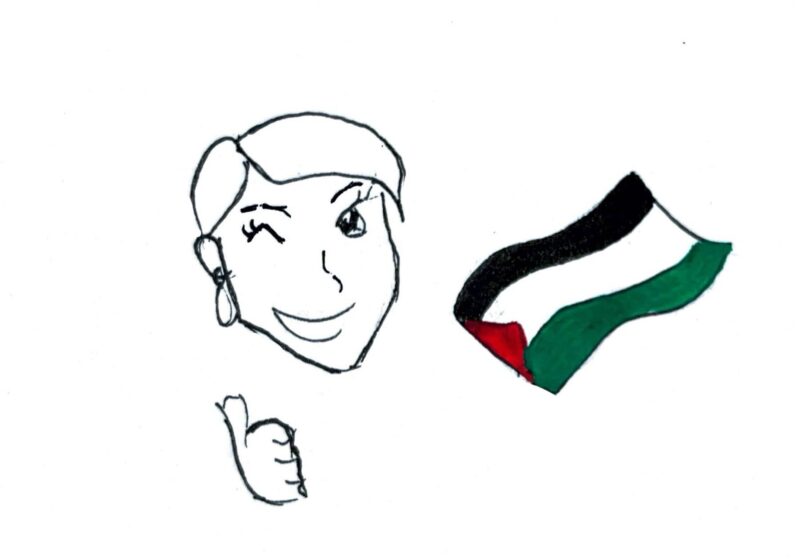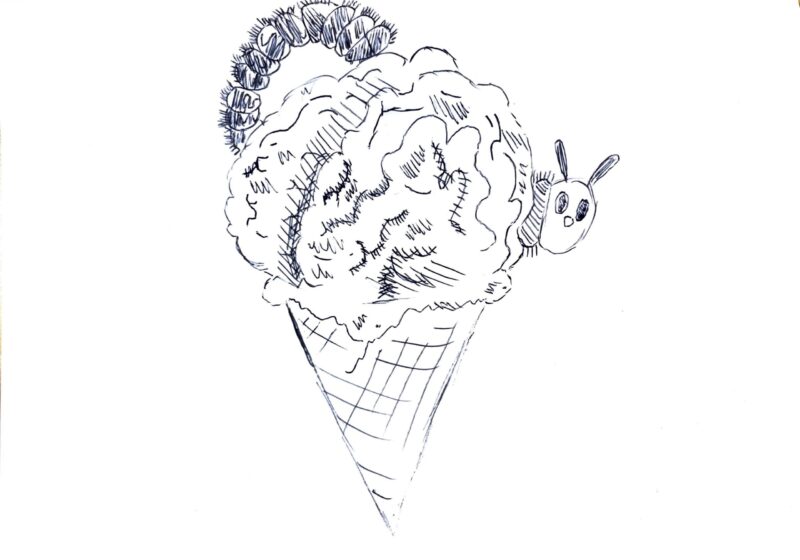In fifth grade, on a brisk New York City day, my classmates sprawled across our raggedy classroom carpet. Our teacher had us practicing holiday songs for the upcoming winter show, and with holiday seasonal zeal we sang.
When we came to one of the Hanukkah songs, a few classmates and I got up and started dancing. We flew around the classroom laughing, our movements becoming erratic as the song progressed. Then one boy stood up and said something along the lines of, “Stop! You’re making fun of Jewish people!”
We stilled at once and looked around, confused. Our student-teacher stopped the song. The boy looked at us angrily as the student-teacher began to lecture us on our behavior. How we were being disrespectful to the boy’s culture — how the dancing was wrong.
I was surprised at the outburst and, as a Jewish person myself, did not understand why the boy was offended, or why I was in trouble. I was embarrassed and made to feel disrespected my own culture.
This was the start of my relationship with Hanukkah.
I used to celebrate both Christmas and Hanukkah, the holiday jackpot. I didn’t get large presents for Hanukkah, usually a scratch-off ticket and some jelly donuts. We lit the menorah and celebrated at least once with latkes.
At the beginning of middle school, with the Hanukkah song incident still fresh in my mind, I began to interact more with my Jewish heritage. Shabbat services on Friday night became a more regular occurrence. I started going to Hebrew school. I carefully listened to prayers and committed them to memory. The stories of the Torah and their connections to modern life became clearer.
The legitimacy of my Jewish heritage was questioned by my peers, especially around the Jewish holidays. They would ask if I was “really Jewish,” as if there was a standard set of requirements I needed to meet. I didn’t have my Bat Mitzvah, so that meant I couldn’t be truly Jewish, they said. I was conveniently Jewish enough, however, when pennies were thrown at me throughout middle school. These events made me question my Judaism, and I asked myself if the accusations were true. It felt like I need to prove my Jewish-ness in some way. I began looking for ways to connect with and represent my Judaism.
When I walked into a store in December, I noticed the abundance of Christmas items, and lack of Hanukkah pieces. Maybe there would be a menorah in storefronts, or a few dreidels and chocolate gold coins, if I was lucky.
Instead of feeling left out or ignored, I started to make a game out of it. In high school, I would walk the streets of the city and peer into store windows, marking down all the Hanukkah related things I discovered. I skipped through aisles and hunted through piles to find hidden treasures. I took pictures of my favorite acquisitions.
In eleventh grade, a friend who had long known about my game bought me a gift. She presented it to me proudly, and I opened the bag to find a blue teddy bear holding a white dreidel. I lovingly named him Matzo Ball. He followed me from class to class that day, accompanying me down crowded hallways.
Matzo Ball is important to me because I finally felt recognized by someone outside my family. Such a small gift showed that my friend respected how I celebrated and practiced my Judaism. Every time I see Matzo Ball, I smile and a warmth blossoms in my chest.
I know now that Judaism doesn’t come in one font. When people question me today, I laugh, because I know there is no such thing as a “true Jew.” I practice my Judaism the way that makes me feel closest to my culture and my religion. Instead of feeling embarrassed by the fifth grade incident, I smile. I didn’t disrespect my culture or attack my heritage. I celebrated my culture and took joy in the upcoming days of Hanukkah.
Hanukkah is not about the gifts, latkes, dreidels, or jelly-donuts. It’s about celebrating my identity, and there’s no one right, “properly Jewish” way to do that. So I rock my Hanukkah-themed socks, light my menorah, eat lakes, and celebrate the Maccabees and the miracle of the oil burning for eight nights.
And maybe while I do that, “The Hanukkah Song” by Adam Sandler plays in the background, and Matzo Ball is at my side.





